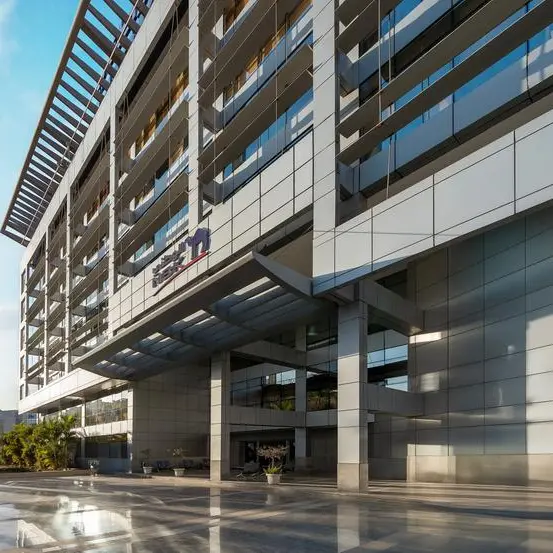The waters of the ROPME Sea Area – the seas of Bahrain, I.R. Iran, Iraq, Kuwait, Oman, Qatar, Saudi Arabia and the United Arab Emirates – are being increasingly affected by climate change with impacts on marine biodiversity and the coastal cities and communities of the region.
The Regional Organization for Protection of the Marine Environment (ROPME), which is the regional seas organisation of the 8 countries bordering the ROPME Sea Area, has published three reports which provide the first integrated assessments of the impact and risks of marine climate change to societies, economies and biodiversity of the region, and the potential for blue carbon habitats (such as sea grass beds and mangroves) across the region to absorb CO2 from the atmosphere.
The reports have been prepared by scientists from the International Marine Climate Change Centre based at the UK Government’s Centre for Environment Fisheries and Aquaculture Science (Cefas), in collaboration with experts from universities, research institutions and government bodies across the ROPME region. These reports have been released to mark completion of the first phase of the ROPME Regional Action Plan on Marine Climate Change. The findings of the reports clearly show that that waters of the Gulf and Sea of Oman will be heavily impacted by climate change and are currently changing dramatically as a result, with both sea level and water temperatures rising. Climate change is also making the sea more acidic, and in some areas leading to deoxygenation which can contribute to fish kill events.
The key findings from the reports include:
- The effects of climate change, including rising temperatures and sea-level, are already occurring across the ROPME Sea Area and are projected to accelerate in future.
- Climate change and other human impacts are causing degradation and loss of critical habitats such as coral reefs, mangroves, saltmarshes and seagrasses across the region.
- Climate change will lead to a decline in fisheries, which is an important source of food across the region.
- Coastal storms and cyclones are predicted to become more intense causing significant risks to coastal communities, industry and infrastructure from storm damage and coastal flooding.
- Increasing water temperatures may lead to an increase in phytoplankton and jellyfish leading to harmful algal blooms that can block desalination plants and coastal industrial cooling systems.
- Blue carbon ecosystems (such as sea grass beds) remove CO2 and need protecting to continue absorbing CO2 from the air. These ecosystems also support climate change resilience by providing coastal protection and supporting productive fisheries.
UK Minister for the Middle East and North Africa, James Cleverly said:
“Climate change is one of the greatest challenges of our time and, in the year that the UK will be hosting the COP26, I am proud that UK experts working with ROPME are heling us better understand the damaging effects of climate change. It is imperative that we listen to these reports and I call on friends and partners in the Gulf to join us in taking action to tackle climate change.”
Dr Hassan Mohammadi, Co-ordinator of ROPME said:
“The ROPME Sea Area is getting warmer, climate change is already impacting our marine environments which will affect local employment and the life our seas, reefs, mangroves and other important habitats support. These findings form part of our climate action strategy, giving us the knowledge to carry out further research and advice on climate change.”
© Press Release 2021
Disclaimer: The contents of this press release was provided from an external third party provider. This website is not responsible for, and does not control, such external content. This content is provided on an “as is” and “as available” basis and has not been edited in any way. Neither this website nor our affiliates guarantee the accuracy of or endorse the views or opinions expressed in this press release.
The press release is provided for informational purposes only. The content does not provide tax, legal or investment advice or opinion regarding the suitability, value or profitability of any particular security, portfolio or investment strategy. Neither this website nor our affiliates shall be liable for any errors or inaccuracies in the content, or for any actions taken by you in reliance thereon. You expressly agree that your use of the information within this article is at your sole risk.
To the fullest extent permitted by applicable law, this website, its parent company, its subsidiaries, its affiliates and the respective shareholders, directors, officers, employees, agents, advertisers, content providers and licensors will not be liable (jointly or severally) to you for any direct, indirect, consequential, special, incidental, punitive or exemplary damages, including without limitation, lost profits, lost savings and lost revenues, whether in negligence, tort, contract or any other theory of liability, even if the parties have been advised of the possibility or could have foreseen any such damages.



















